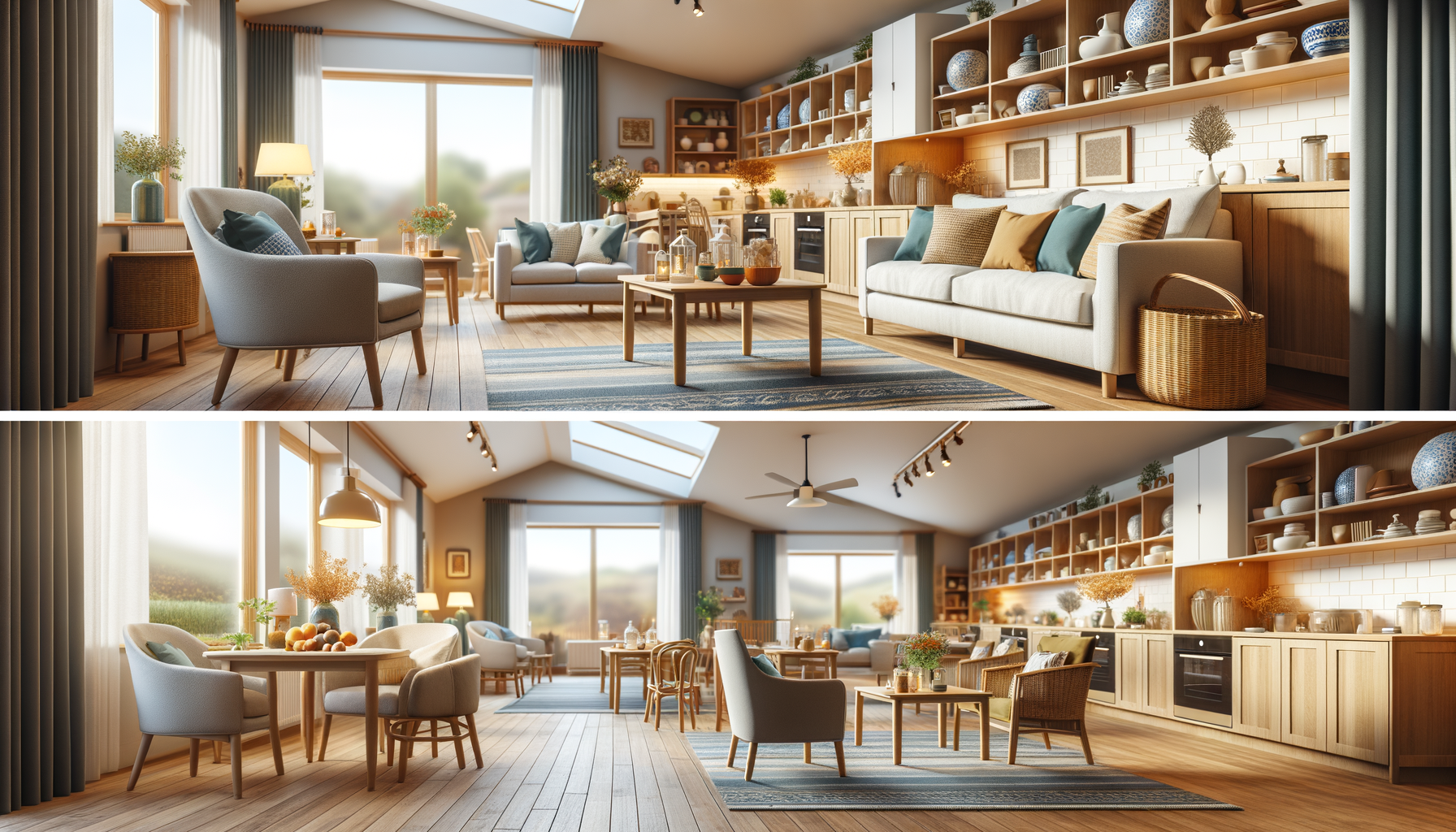
Dementia Care Homes That Feels Like Home
Understanding the Need for Dementia Elderly Homes
Dementia is a progressive condition that affects millions of people worldwide, leading to challenges in memory, thinking, and behavior. As the population ages, the demand for specialized care facilities, such as dementia elderly homes, has increased significantly. These homes provide a structured and supportive environment tailored to the unique needs of individuals with dementia. The importance of such facilities cannot be overstated, as they offer a safe haven where residents can receive round-the-clock care, personalized routines, and activities designed to promote cognitive well-being. By understanding the growing need for dementia elderly homes, families can make informed decisions about the care of their loved ones.
Dementia elderly homes are designed to address the specific challenges faced by individuals with dementia, such as memory loss, confusion, and difficulty with daily activities. These facilities are equipped with trained staff who are experienced in managing the symptoms of dementia and providing compassionate care. Additionally, the environment is often designed to be calming and familiar, helping to reduce anxiety and agitation among residents.
Families considering dementia elderly homes for their loved ones can take comfort in knowing that these facilities prioritize the safety and well-being of residents. With secure premises and a focus on creating a home-like atmosphere, dementia elderly homes provide peace of mind for families while ensuring that residents receive the care and support they need.
Features of Dementia Elderly Homes
Dementia elderly homes offer a range of features that cater to the needs of individuals with dementia. These features are designed to enhance the quality of life for residents while providing a supportive and nurturing environment. Key features of dementia elderly homes include:
- Personalized Care Plans: Each resident receives a personalized care plan tailored to their specific needs and preferences. This ensures that they receive the appropriate level of care and support.
- Specialized Staff: Staff members are trained in dementia care and are equipped to handle the unique challenges associated with the condition. Their expertise allows them to provide compassionate and effective care.
- Structured Activities: Dementia elderly homes offer a variety of activities that are designed to stimulate cognitive function and promote social interaction. These activities can include art therapy, music therapy, and memory games.
- Safe and Secure Environment: The facilities are designed to be safe and secure, with measures in place to prevent wandering and ensure the safety of residents.
By providing these features, dementia elderly homes create an environment where residents can thrive and maintain a sense of independence while receiving the care they need.
The Role of Family in Dementia Care
While dementia elderly homes play a crucial role in providing care for individuals with dementia, the involvement of family members remains an essential component of the care process. Families can play a significant role in supporting their loved ones by staying involved and maintaining open lines of communication with the care facility.
Family members can contribute to the well-being of their loved ones by visiting regularly, participating in activities, and providing emotional support. These interactions can help to reinforce the resident’s sense of identity and provide comfort in familiar relationships. Additionally, families can work closely with the care facility to ensure that the care plan is aligned with the resident’s needs and preferences.
By actively participating in the care process, families can help to create a supportive network that enhances the quality of life for their loved ones in dementia elderly homes.
Choosing the Right Dementia Elderly Home
Selecting the right dementia elderly home for a loved one is a crucial decision that requires careful consideration. Families should evaluate several factors to ensure that the chosen facility meets the needs of their loved one and provides a high standard of care.
When choosing a dementia elderly home, families should consider the following:
- Location: The proximity of the facility to family members can impact the frequency of visits and the ability to stay involved in the resident’s care.
- Reputation: Researching the reputation of the facility and reading reviews from other families can provide valuable insights into the quality of care provided.
- Staff Qualifications: Ensuring that the staff is trained in dementia care and has experience in managing the condition is essential for providing effective care.
- Facilities and Amenities: Evaluating the facilities and amenities available can help families determine if the environment is suitable for their loved one.
By considering these factors, families can make an informed decision and choose a dementia elderly home that offers a supportive and nurturing environment for their loved one.
Innovations in Dementia Care
The field of dementia care is constantly evolving, with new innovations and approaches being developed to enhance the quality of life for individuals with dementia. Dementia elderly homes are at the forefront of these innovations, implementing new strategies and technologies to improve care and support for residents.
Some of the recent innovations in dementia care include:
- Technology Integration: The use of technology, such as wearable devices and smart home systems, can help monitor residents’ health and safety, providing real-time data to caregivers.
- Therapeutic Approaches: Innovative therapeutic approaches, such as virtual reality therapy and sensory stimulation, are being used to engage residents and promote cognitive function.
- Person-Centered Care: Emphasizing person-centered care, dementia elderly homes are focusing on understanding the individual needs and preferences of residents to provide tailored support.
By embracing these innovations, dementia elderly homes are enhancing the care and support provided to residents, ensuring that they receive the highest quality of care in a nurturing environment.


